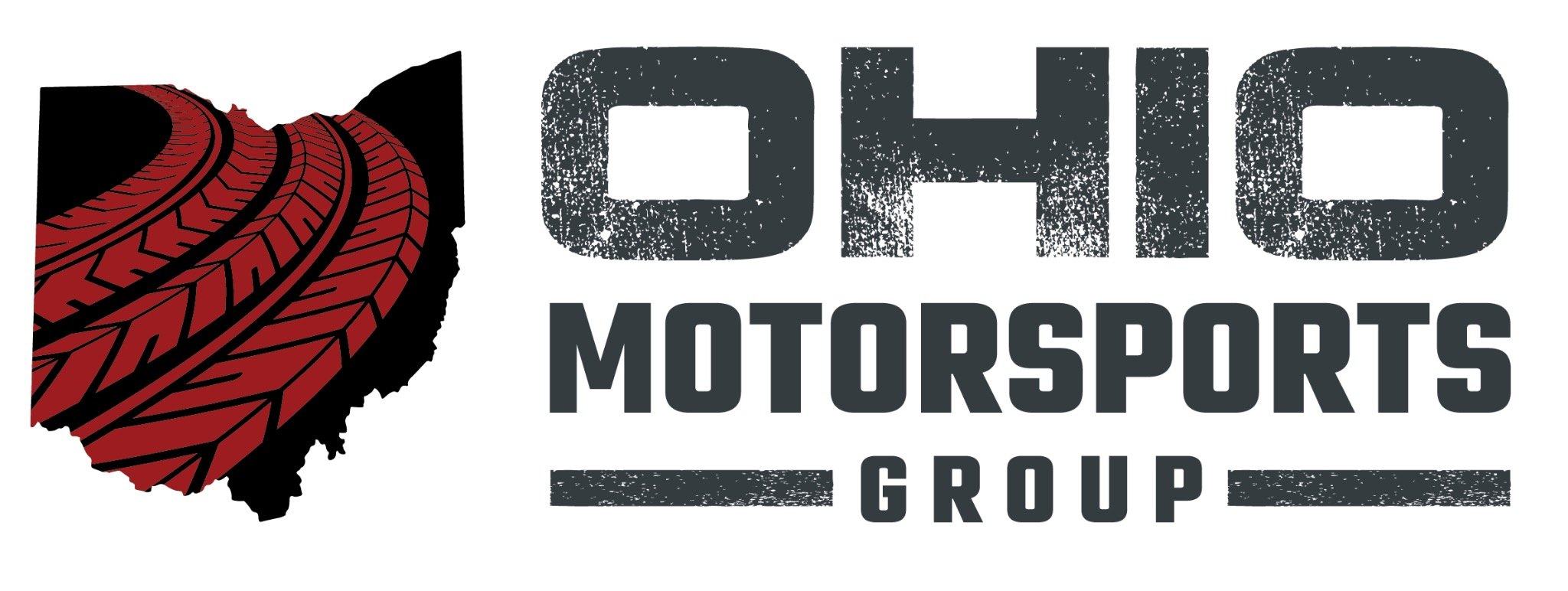-
Posts
15,487 -
Joined
-
Last visited
-
Days Won
29
Content Type
Profiles
Forums
Gallery
Store
Events
Posts posted by chevysoldier
-
-
I call BS on that statistic.
Furthermore, why carry and only pull?
If I carried...which I may start doing because you people are starting to make me paranoid...and I found myself in a situation that justified pulling, rounds would be going down...no two ways about it.
Questions for those that do carry...
Do/would you only pull to shoot?
Do you even consider the possibility of pulling and not shooting?
Please explain your thoughts.
Discretion.what if you pull and the bad guy turns and runs? Gonna shoot him in the back? Or maybe he says I give up and puts his gun down?
-
Awesome run in the final challenge!
-
One handed AK....niiiiice
-
Boo
Boo what? It's just a debate.
-
Having a debate on issue 2 on right now for those interested in watching.
-
95% of all shootings involve guns. Guns are dangerous.
-
 k.
k.Constitution= law of the land. Twenty-first Amendment (part of the Constitution and therefore law of the land)= state level regulation of alcohol. My only point in this entire thing was to disprove your statement: "thats why states cant set their own drinking ages". Not once did I say state law trumped federal law nor did I reference firearms or voting.
That being said, I think I am done with this thread. lol
-
i already said you had me on the alcohol law - not sure the point of your last post

these guys are all arguing that state law comes before federal law and i pointed in the constitution where it clearly says it doesnt.
then you wanna argue that state law is above federal and your hung up on the alcohol law instead of proving anything besides that one law
if state law was above all else - states would control voting laws, firearms laws, all traffic laws, etc...there wouldnt even be any federal laws because nobody would bother listening to them when they could make their own laws
I never said state law was above federal law, I agreed with you that the Constitution is the law of the land.
-
ok chevy - 1 down, now prove to me the rest of them... firearm laws, driving laws, voting laws, etc etc...since state law is the law of the land it should be easy to prove right? forget the constitution. maybe ohio should make its own currency since the dollar is going down the drain
lol. I'm not here to battle firearm laws, driving laws, voting laws, etc etc. Are you aware of the 21st Amendment? By your quote:
"This Constitution, and the Laws of the United States which shall be made in pursuance thereof; and all treaties made, or which shall be made, under the authority of the United States, shall be the supreme law of the land; and the judges in every state shall be bound thereby, anything in the constitution or laws of any state to the contrary notwithstanding."Makes the 21st Amendment the law of the land. This is your train of thought, correct train of thought I will add.
The Twenty-first Amendment (Amendment XXI) to the United States Constitution repealed the Eighteenth Amendment to the United States Constitution, which had mandated nationwide Prohibition. It was ratified on December 5, 1933.Justices O'Connor and Brennan each filed dissents. O'Connor agreed that Congress may attach conditions on the receipt of federal funds, and that the Twenty-First Amendment gives states authority over laws relating to the consumption of alcohol.I still <3 you Tyler.

-
While this act did not outlaw the consumption of alcoholic beverages by those under 21 years of age, seven states and Washington D.C. extended its provisions into an outright ban. These states are: Alabama, Idaho, Indiana, Kansas, North Carolina, Pennsylvania, and Vermont. The minimum drinking age is a state law. However, most states still permit "underage" consumption of alcohol in some circumstances. In some states, no restriction on private consumption is made, while in others, consumption is only allowed in specific locations,
South Dakota v. Dole, 483 U.S. 203 (1987)
The United States Congress passed legislation, the National Minimum Drinking Age Act, designed to discourage states from lowering the legal drinking age in 1984. It did so by withholding 5% of federal highway funding from states that did not comply. In 1988, that amount changed to 10%. South Dakota, which had allowed 19-year-olds to purchase beer containing up to 3.2% alcohol, sued to challenge the law, naming Secretary of Transportation Elizabeth Dole as the defendant because her office was responsible for enforcing the legislation.The Supreme Court decided that Congress applying its taxing and spending clauses was not in violation of the 21st Amendment. It is subject to four covenants:
1.The condition must be unambiguous;
2.The condition must promote "the general welfare";
3.The condition should relate "to the federal interest in particular national projects or programs"; and
4.Other constitutional provisions may provide an independent bar to the conditional grant of federal funds.
The first three restrictions, Rehnquist noted, are uncontested. This leaves the fourth restriction. The Tenth Amendment bars federal regulation of the States, and it has been suggested that the Twenty-First Amendment might prohibit federal regulation of the drinking age. Nevertheless, the Congressional condition of highway funds is merely a "pressure" on the State to comply, not a "compulsion" to do so, because the State's failure to meet the condition deprives it of only 5%[1] of the highway funds it may obtain. Therefore, Congress has not run afoul of the Tenth or Twenty-First Amendments.
-
right in your quote bud
"The National Minimum Drinking Age Act of 1984 (23 U.S.C. § 158) was passed on July 17, 1984 by the United States Congress as a mechanism whereby all states would become thereafter required to legislate the age of 21 years as a minimum age for purchasing and publicly possessing alcoholic beverages."
emphasis on required.
Yes. the feds said, you will mandate an age of 21 or else we will withhold federal funding. The feds forced the states to mandate that age. Before that law, states had other ages, many of which were 18.
Also quoted in there:
. Under the Federal Aid Highway Act, a state with a minimum age below 21 would be subjected to a ten percent decrease in its annual federal highway apportionment -
"This Constitution, and the Laws of the United States which shall be made in pursuance thereof; and all treaties made, or which shall be made, under the authority of the United States, shall be the supreme law of the land; and the judges in every state shall be bound thereby, anything in the constitution or laws of any state to the contrary notwithstanding."
http://en.wikipedia.org/wiki/National_Minimum_Drinking_Age_Act
The National Minimum Drinking Age Act of 1984 (23 U.S.C. § 158) was passed on July 17, 1984 by the United States Congress as a mechanism whereby all states would become thereafter required to legislate the age of 21 years as a minimum age for purchasing and publicly possessing alcoholic beverages. Under the Federal Aid Highway Act, a state with a minimum age below 21 would be subjected to a ten percent decrease in its annual federal highway apportionment.[1] -
federal law takes priority over state.
thats why states cant set their own drinking ages, age to purchase firearms, etc
a state cant pass a law that goes against federal law....so this law talking about not being able to use cash is going against federal law and it would get overturned in about 2 seconds in an appeals court
States CAN set their own drinking age. The Feds just told them that if they don't make the age 21, they will deny the states funding. Blackmail.
-
I haven't heard this in years.
 Ring-ding-did-a-little-la-di-oh, Ring-di-diddly-eye-oh!!
Ring-ding-did-a-little-la-di-oh, Ring-di-diddly-eye-oh!! -
 1
1
-
-
-
We all can't drive a Malibu... wait, even YOU can't drive a Malibu because the cam broke
 Sorry, had to do it.
Sorry, had to do it.ha...ha...ha. Yeah I sold it and bought a 4 banger Corolla. Better gas mileage.
-
I call bullshit. If that was really a "law", then why do we still have drive-by shootings?
I lol'd
-
That was a typo on my part, I meant CHL. I read about the ccw class in the op and never switched the acronym in my head by the time I typed. That answers my question though, thank you.
lol, I thought I was losing my mind for a second. Just remember, without a CHL, you can't legally carry the loaded gun in your car, no matter how you are transporting it.
-
Hey, why don't you get the correct HID kit.

-
Since the holster thing is optional, I should not need a ccw, correct?
Maybe I am too tired to understand this...CCW= Concealed Carry Weapon. You don't need a holster, you don't need to conceal your weapon but you will need a weapon to shoot with.
-
How would you guys get this off?
Buy a Chevy.

-
I wanna put out some thoughts and invoke different ways of thinking but I'm to tired to convince people that self reliance is the way to go.

-
"THIS NOTE IS LEGAL TENDER FOR ALL DEBTS, PUBLIC AND PRIVATE" That is on every single dollar. How can a state law bypass a federal one; I don't even think this is legal.
EXACTLY!!! REPPED.
This is such BS.
-
It's too late at night to get into a carry/no carry debate...





Issue 2 debate on NBC 4- NOW
in Dumpster
Posted